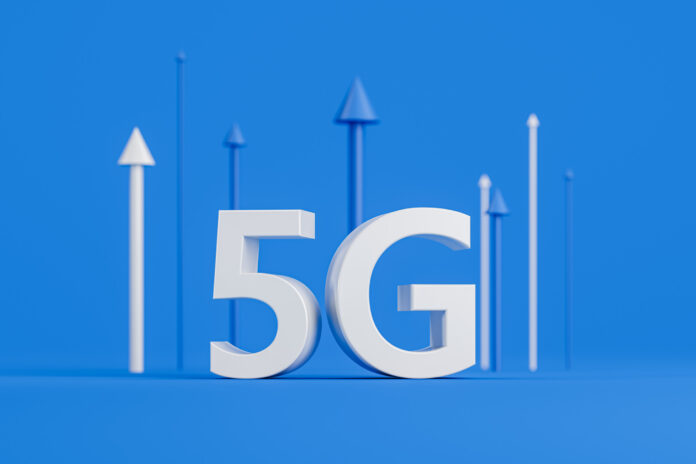Earlier this year, BSNL had received interest from three companies for deploying its 5G Standalone (SA) network in Delhi
In sum – what you need to know:
All-in on 5G – BSNL has upgraded 73,000 4G sites (100,000 by mid-2025) and rolling out 26,000 new towers, mostly in rural India, as part of the country’s ‘Digital India’ mission.
Affordable subs – BSNL is focusing on offering affordable pricing while highlighting data security and advanced services like IoT and edge computing.
Strategic deals – three companies will deploy its 5G SA network in Delhi, with plans for a phased 2025 launch using domestically sourced equipment.
Indian state-owned telecom operator Bharat Sanchar Nigam Limited (BSNL) is intensifying efforts to compete in the 5G market with a focus on affordable pricing, secure services and major infrastructure upgrades, according to Telecom Secretary Neeraj Mittal.
As part of its strategy, the telco is offering competitively priced plans bundled with advanced services such as Internet of Things (IoT) and edge computing, the official said in a interview with Indian news service Outlook Business.
BSNL’s network modernization is progressing under the “Make in India” initiative. Out of the 100,000 planned 4G tower upgrades, more than 73,000 have already been completed. The company aims to migrate this upgraded infrastructure to 5G through a phased approach.
In addition, the Indian carrier is expanding its footprint in rural and remote areas by rolling out 26,000 new towers. This move is aimed at improving high-speed 5G connectivity in underserved regions and supporting the government’s “Digital India” vision of inclusive digital access.
Earlier this year, BSNL had received interest from three companies for deploying its 5G Standalone (SA) network in Delhi, covering 1,876 sites across the national capital.
While 29 companies participated in the pre-bid meeting for BSNL’s 5G tender, only three have moved forward in the process — Tejas Networks, Lekha Wireless and Galore Network. Tejas Networks, already engaged in BSNL’s 4G rollout, is providing the telco with an indigenous 4G stack, which can be upgraded to 5G.
BSNL first announced the tender in November 2024 to kickstart 5G operations in Delhi. The telco aims to work with two separate service providers—as primary and secondary 5G as-a-service (5GaaS) providers. The primary provider will deploy one 5G SA core network and a 5G-RAN (Radio Access Network) using hardware from up to two original equipment manufacturers (OEMs). Similarly, the secondary provider will install 5G-RAN equipment from a maximum of two OEMs, according to previous reports.
The selected bidders will be responsible for the planning, design, equipment supply, deployment, and ongoing management of the 5G network within the licensed service area (LSA).
However, participation in the tender has been limited due to its terms and conditions, as reported by Indian news site Communications Today. Unlike BSNL’s 4G tender, where vendors were directly compensated, the 5G tender requires bidders to cover both capital and operational expenses for deploying the 5G SA core and RAN infrastructure.
Additionally, BSNL is adopting a revenue-sharing model with the bidders. Under this scheme, vendors will deploy the 5G network, while BSNL will manage marketing and sales. BSNL has stipulated that it must receive at least 70% of the revenue share.
To deliver 5G SA services, BSNL will utilize the 900 MHz and 3.3 GHz spectrum bands. Initially, the rollout will target 100,000 subscribers, with plans to introduce 5G Fixed Wireless Access (FWA) services. The telco has already started testing its 5G indigenous technology at three locations in New Delhi — Nehru Place, Chanakyapuri and Minto Road.
BSNL has confirmed that commercial 5G services are expected to launch in 2025, following successful network trials. The 5G trials, conducted in collaboration with the Center for Development of Telematics (C-DOT) and local manufacturers, demonstrated the successful use of domestically sourced equipment and solutions.

